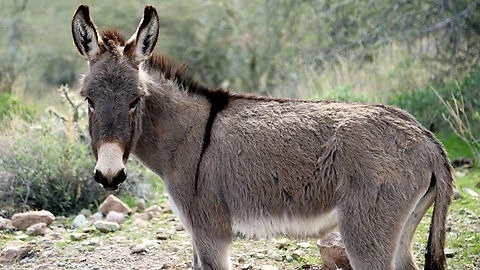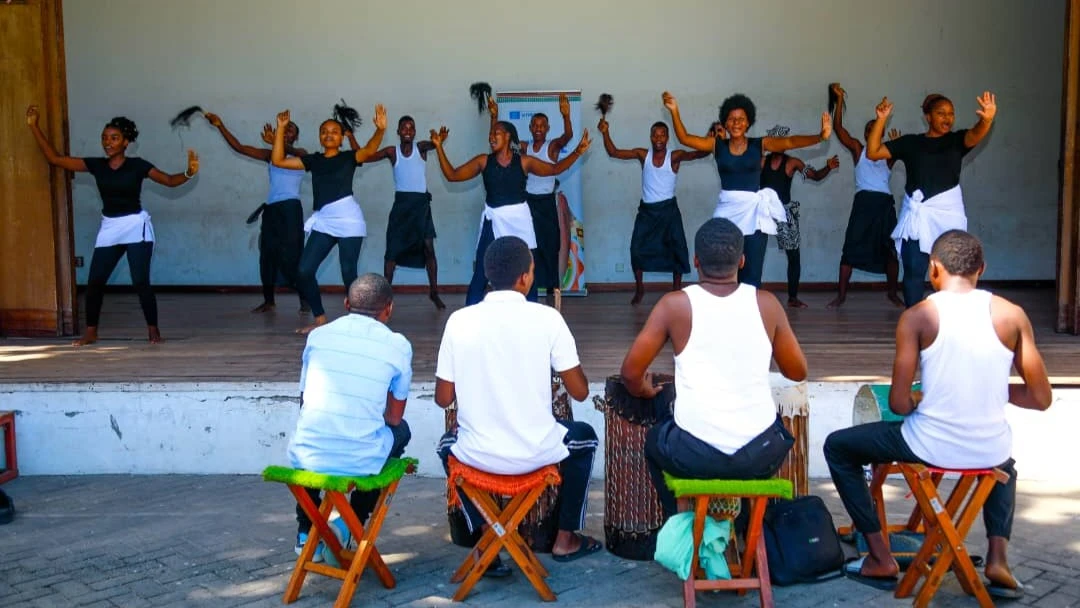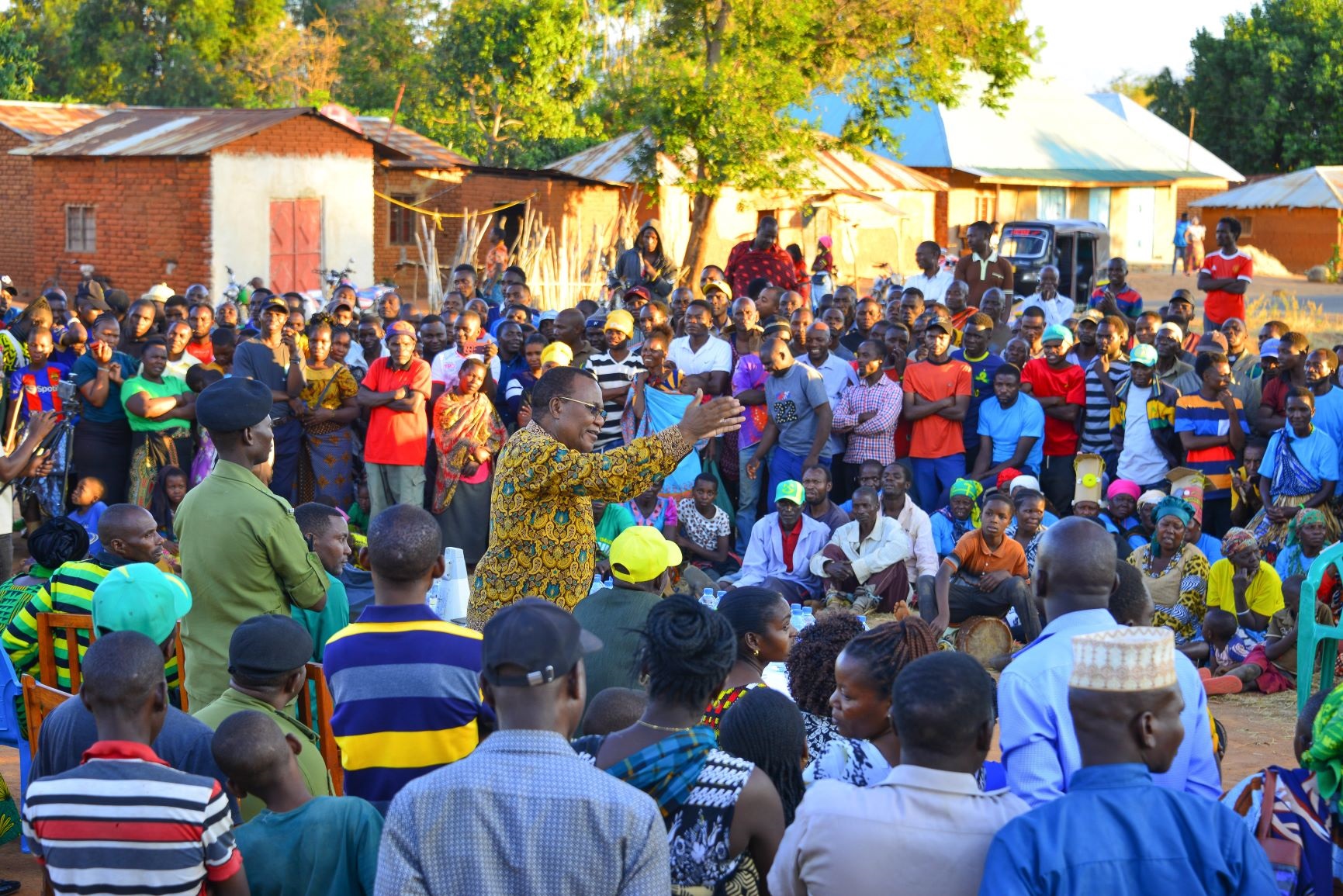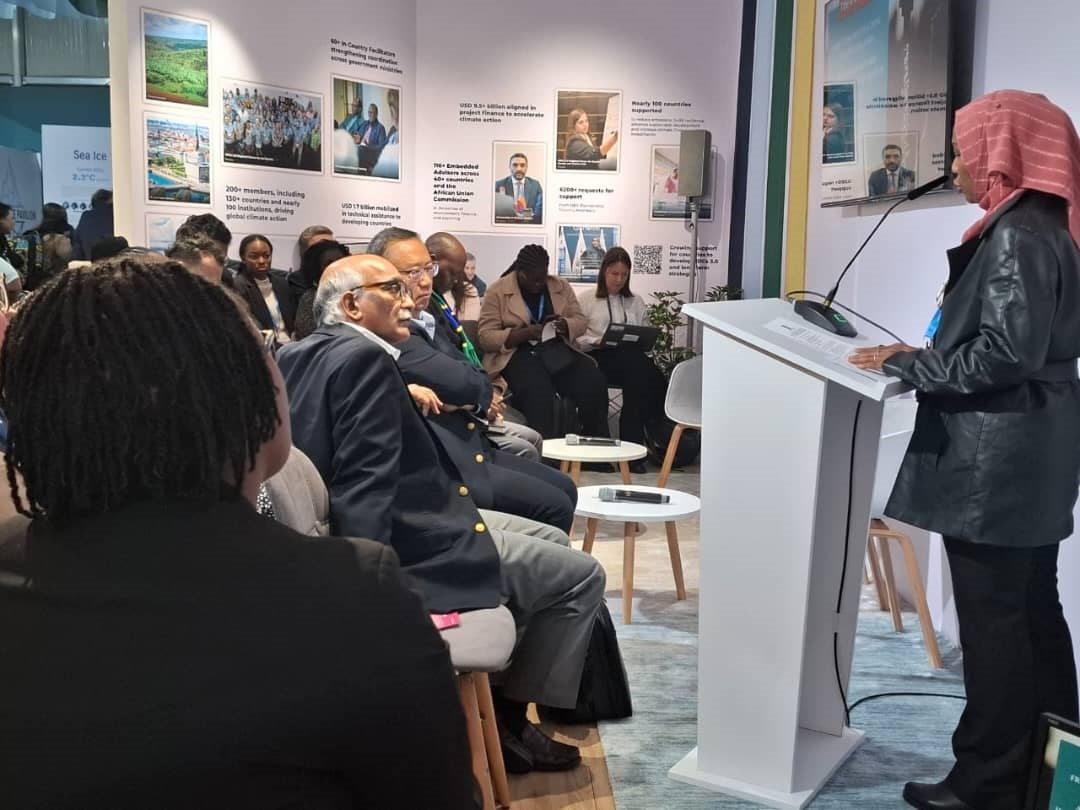Study finds domestic donkey meat trade boom amid ban, export ends

DOMESTIC donkey hide and meat trade has continued to thrive in Iringa-Mvumi, Mlowa, Manzase, Fufu and Ilolo wards in Chamwino and Mpwapwa districts, Dodoma Region despite the government ban, a study has found.
The study was to evaluate status of donkey trade in Tanzania after declaration of the ban by the Ministry of Livestock and Fisheries on 1st October, 2021 assessed its impact on stakeholders and looked at activities related to donkey trade that have emerged.
The survey conducted by Dr Mohamed Bahari, freelance consultant on animal welfare, identification and traceability, however reveals that donkey hides and meat export trade has stopped after closure of the two slaughter facilities: Huacheng International Ltd (Dodoma) and Fang Hua Investment Co. Ltd (Shinyanga).
Speaking during a stakeholders meeting in Dodoma yesterday organized by Inades Formation Tanzania, an organization implementing donkey welfare project in the country through funding from Brooke East Africa, Dr Bahari observed that the ban has been an important move to halt donkey theft and for farmers the impact is positive since their donkeys are safer now than before the ban.
However, he argued that for traders and employees in the donkey subsector the impact has been negative due to the fact that they have lost jobs and steady income.
“For donkey hides trade ban, it has been concluded that the ban was on slaughter of donkeys for export of meat and hides and it did not cover the local trade.” he said.
Local donkey traders therefore use the loophole to continue with the local donkey trade which in turn promotes the illegal export of donkey meat and donkey hides.
It has been revealed that donkey hides collected from slaughtered donkeys for meat at Iringa-Mvumi in Chamwino District and other wards such as, Mlowa, Manzase, Fufu and Ilolo in Mpwapwa District are bought by unregistered buyers and transported to Shinyanga. In Shinyanga buyers of donkey hides were not verified to exist.
A follow up on this movement suggested that donkey hide buyers use motorbikes to collect hides available and sell to their main agent who sells them to Kenya, where illegal demand exists.
“Further follow up need to be made to confirm this concern,” he said.
At Iringa-Mvumi, slaughter of donkeys for meat is done daily at an average of one donkey per day and up to ten donkeys during the market day. Meat is consumed by local people to whom it is a delicacy said to have a medicinal effects.
Donkey meat is preferred over beef due its low price. Other villages and wards in the area that slaughter donkeys for meat include Kingiti and Gulwe villages in Mpwapwa and Nguji, Makitaya and Makole in Kongwa. Wards include Mlowa, Manzase Fufu and Ilolo.
“Although donkey meat consumers are few and slaughters are limited to certain wards, the practice may continue to attract donkey hide traders”, Dr Bahari said.
Speaking at the same forum, Dr Annette Kitambi, Assistant Director for Zoo Sanitary and Animal Welfare in the Ministry of Livestock and Fisheries, stated that the ban was on commercial skin and meat of donkey.
She also observed that the government has listed dogs and donkeys as non-edible animals in the country.
Top Headlines
© 2024 IPPMEDIA.COM. ALL RIGHTS RESERVED





















